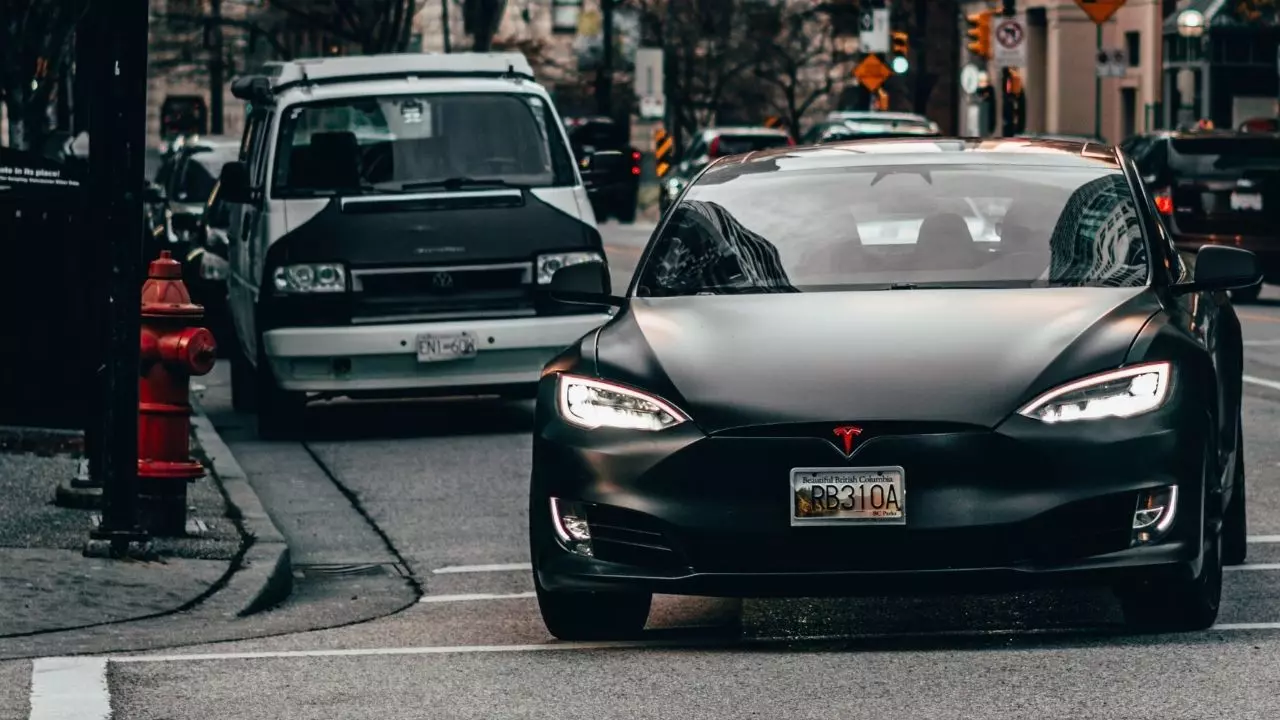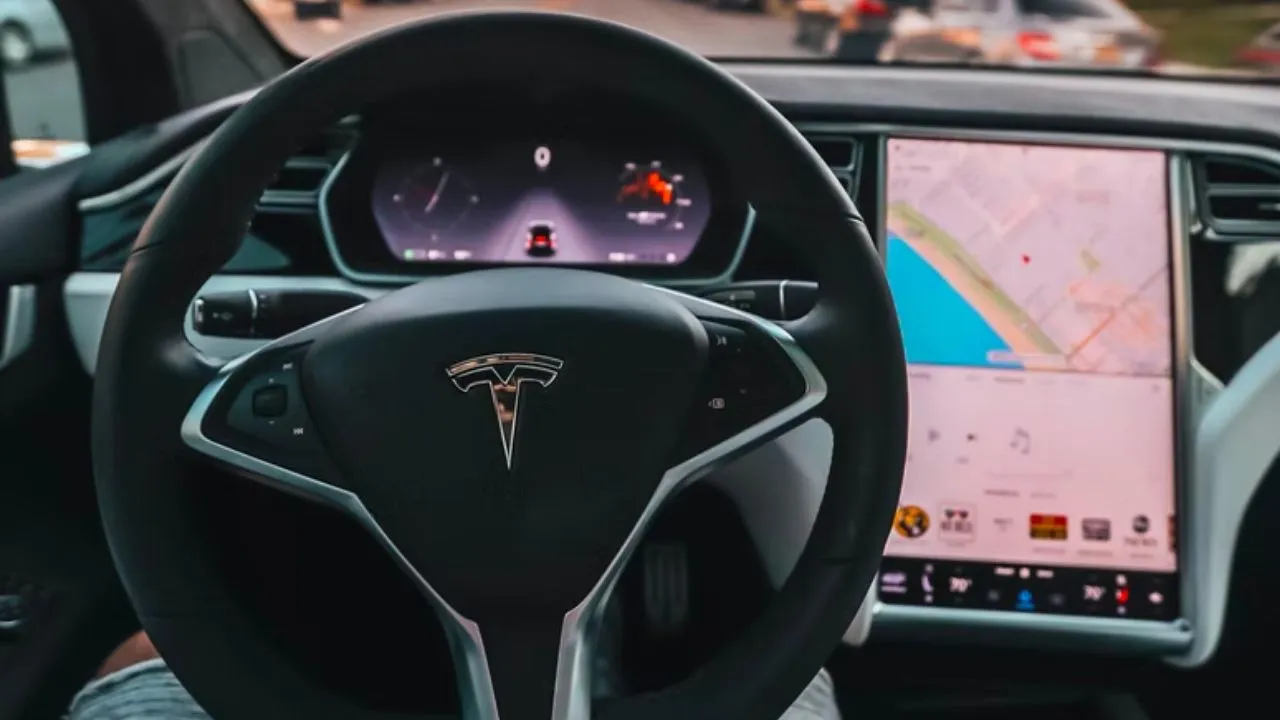In the evolving world of automotive engineering, a frequently asked question arises: Do electric cars have more torque than diesel vehicles? This inquiry is not just a matter of curiosity but also key to understanding the fundamental differences between electric and diesel powertrains.
Torque in Electric Cars vs Diesel Engines
Torque, the force that drives the car forward, is where electric vehicles (EVs) and diesel cars fundamentally differ. Electric cars are known for their instant torque delivery. Unlike diesel engines, which need to build up revs and turbo boost to reach their peak torque, electric motors deliver maximum torque right from zero RPM. This instant power delivery is why electric vehicles are often quicker off the line compared to their diesel counterparts.
The Science Behind the Torque
The reason electric cars can deliver more torque instantly lies in the nature of electric motors. An electric motor generates torque through the interaction of magnetic fields, which is immediate and can be maintained over a wide range of speeds. In contrast, diesel engines rely on internal combustion, where air and fuel mixture ignition creates pressure to drive the pistons. This process takes time to build up, hence the delay in reaching peak torque.

Efficiency and Performance
Another aspect to consider is the efficiency and performance of electric motors. They are not only capable of producing more torque but do so more efficiently than diesel engines. Electric motors convert over 90% of electrical energy into mechanical energy, whereas diesel engines are less efficient due to heat and energy losses in combustion.
Environmental Impact
The conversation around electric and diesel vehicles isn’t complete without discussing their environmental impact. Electric vehicles, with zero tailpipe emissions, are seen as a more environmentally friendly option. In contrast, diesel engines, despite improvements in technology, still emit pollutants.
User Experience
From a driver’s perspective, the higher torque in electric cars translates to a more responsive and engaging driving experience. The instant acceleration and smoother power delivery of electric vehicles offer a different kind of driving pleasure compared to the gradual build-up of power in diesel engines.
Future of Electric Vehicle Torque
The future of electric vehicles is not just about having more torque; it’s about how this torque can be utilized in new and innovative ways. Advanced control systems in EVs allow for precise torque distribution, enhancing handling and stability. This technology, combined with ongoing improvements in battery capacity and efficiency, promises to further elevate the performance and appeal of electric vehicles.
Integrating Other Insights
For a deeper understanding of electric vehicles’ performance characteristics, readers may find value in exploring related topics such as “How Long Do Brakes Last on an Electric Car?” and “Are Electric Car Batteries Affected by Temperature?“. These articles provide additional insights into the practical aspects of owning and operating an electric vehicle.
Conclusion
In summary, electric cars do have more torque than diesel vehicles, and this difference is rooted in the fundamental mechanics of how electric motors and diesel engines operate. The instant torque delivery of electric vehicles not only contributes to superior performance but also highlights the shift towards more efficient, responsive, and environmentally friendly automotive technology. As we continue to witness advancements in electric vehicle technology, the gap in performance and efficiency between electric and diesel vehicles is likely to widen further, making electric cars an increasingly attractive option for consumers.
